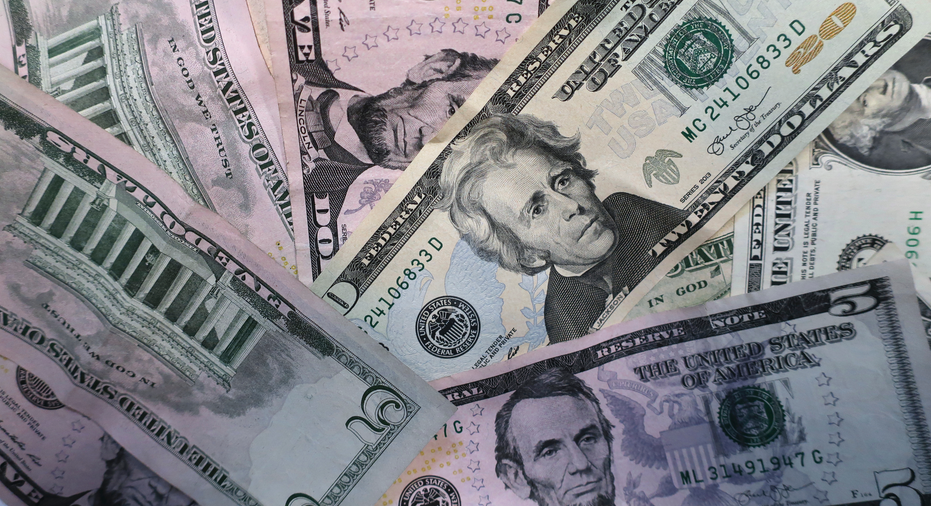Home equity boosts US household wealth 1 pct. to $100.8T

WASHINGTON – Increased home prices boosted U.S. household net worth 1 percent in the January-March quarter to crack $100 trillion for the first time.
The Federal Reserve said Thursday that home values rose $500 billion, offsetting a decline in stock portfolios of $400 billion. Overall household wealth rose to $100.8 trillion from $99.7 trillion in the October-December quarter.
The figure reflects the value of assets like homes, bank accounts and stocks minus debts like mortgages and credit cards. The figures aren't adjusted for inflation or population growth.
Increased wealth could boost consumer spending in coming months. Still, wealth increases aren't widely shared: Roughly 80 percent of the U.S. stock market is owned by 10 percent of the population. And a smaller share of Americans now own homes compared with a decade ago.
About 64 percent of Americans own their homes, down from a peak of about 69 percent in 2005. Home sales have leveled off this year as price increases and a dwindling supply of available properties have thwarted many would-be buyers.
Mortgage rates are also moving up, partly because the Federal Reserve is lifting the short-term rate it controls. That trend could also weigh on sales in the coming months.
Home prices rose 6.8 percent in March from a year earlier, according to the S&P CoreLogic Case-Shiller home price index. Some markets, like Seattle, San Francisco and Las Vegas, are experiencing double-digit annual price gains. Those increases are making it especially hard for younger Americans, already burdened by student loans, to buy a house.
Greater household wealth can support faster economic growth, although that effect might be fading. Research has found that in the past, people spent roughly 3 to 5 cents of every dollar in additional wealth they accumulated.
Since the recession, though, Americans have become more cautious with their wealth. Economists now estimate that roughly only 1 penny for every dollar is spent.



















